Notable Alumni
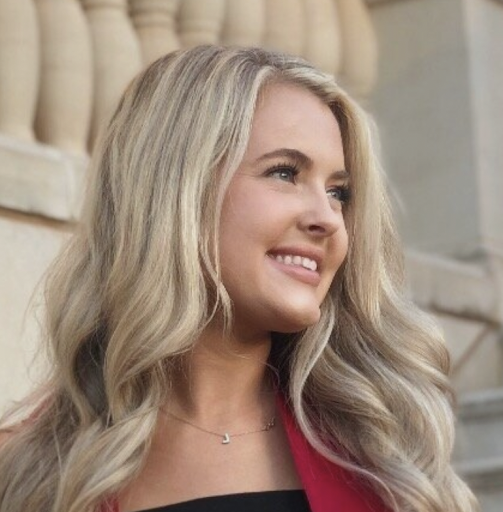
Allison Krebs (Spring 2021) has been able to ecombine her UX research writing and design skills in strategic writing, web design, and marketing contexts: "I currently work for Ziff Media Group in Austin TX as an Online Merchandiser for the RetailMeNot brand and site. When writing retail offers for our targeted audience, I make sure the user experience is best for our site."
From Allison’s senior capstone portfolio, check out this instructional re-design of the TTU commencement tickets.
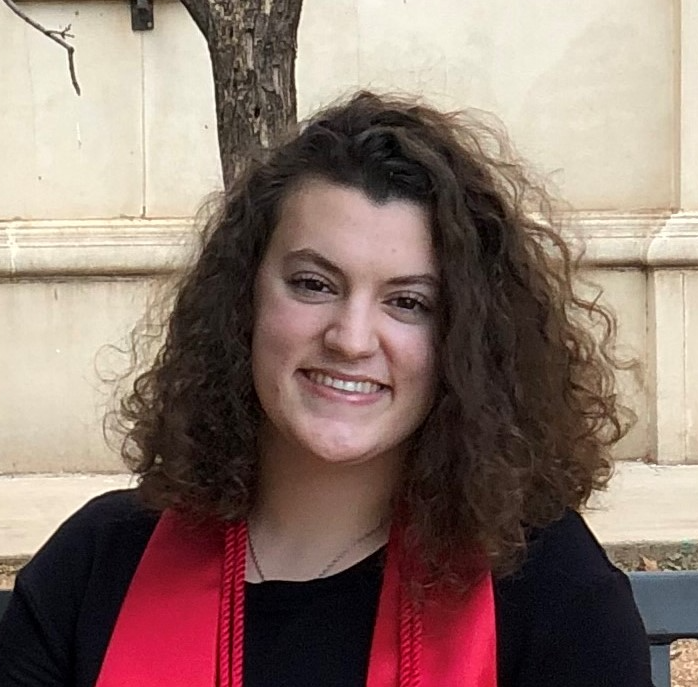
Caroline Ramsay (Fall 2020) is now a TTU law school student thanks to her research, editing, and analytical skills in persuasive workplace writing genres: “When I first began at Texas Tech, I was not expecting to fall in love with technical communication to the extent that I did, nor was I expecting it to get me where I am today. I am certain that everything I learned in the BATC program at Tech helped me get into law school and will continue to help me get through it. Since graduating, I have already used my degree to write grants for a non-profit, and I look forward to using my technical writing and editing skills as a practicing attorney someday.”
Check out this persuasive grant proposal Caroline co-wrote for the non-profit South Plains Grub Farm, which is another capstone
writing project, as well as her capstone portfolio.
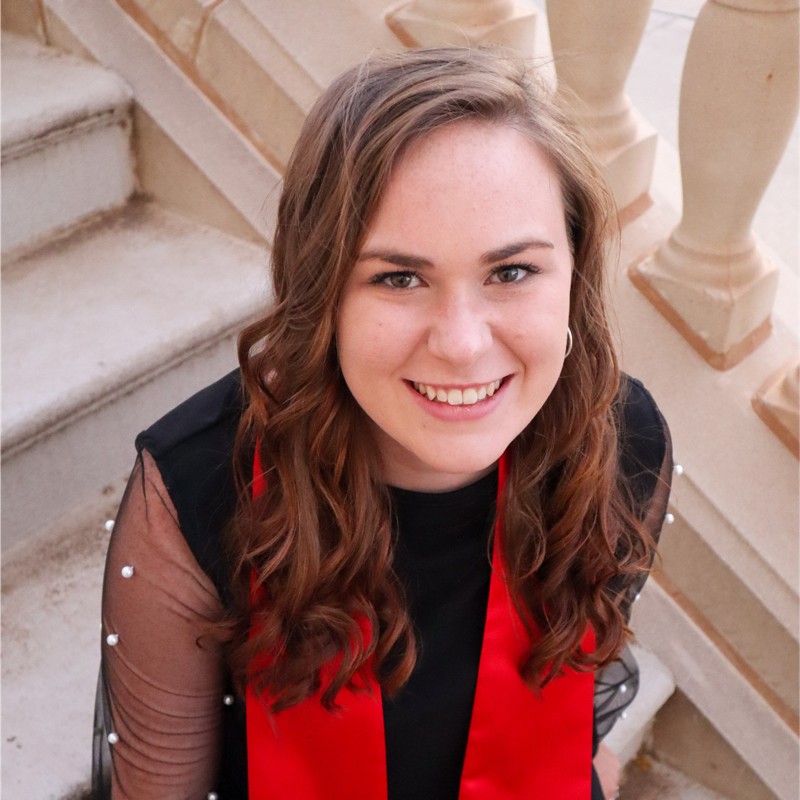
Macy Lillibridge (Fall 2020) specialized in document design, and was a research assistant for the English department’s MediaLab where she helped manage social media marketing, design, and content creation. As part of her capstone portfolio, you can see her usability report for how to improve the English department websites along with her graphic design work for the department’s social media page.
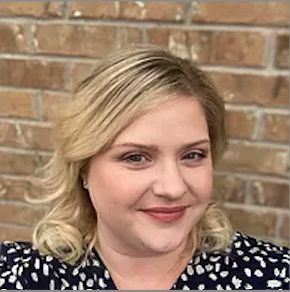
Amanda Arrington (Spring 2021) took technical communication courses while preparing for law school. She is currently a law student at Texas A&M University.
In her own words, Amanda shared which tech comm courses have been most beneficial: “Information design was certainly my favorite technical course and helped me to learn new software and ways to improve both my writing skills and how to best communicate my ideas via design. Another favorite was my Professional Report Writing course with Dr. Baake. I felt the material helped me to comprehend reports more quickly and effectively while also helping improve my report writing, a skill essential to law.”
Here is Amanda’s design portfolio from the Information Design course: https://amaarrin.wixsite.com/infodesignport.
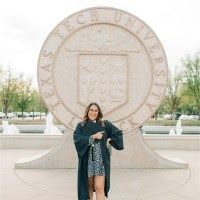
Marissa Martin (Fall 2019) graduated with a BA in Sociology and a minor in Technical Communication. Marissa’s portfolio showcases writing and design samples that she created while taking technical communication classes. Here is Marissa’s testimony:
“I am so extremely glad I decided to minor in Technical Communication. My time in the program gave me the skills and experience to succeed in the field. I met some great friends as well as mentors who continue to teach and guide me every day. Because of the program, I found my passion for Tech Comm which led me to joining the MATC program.”

An Interview with Kenyan Burnham
What was your industry background before joining the BA in Writing, Design, and Technical
Communication?
Ten years ago, I set out to build a career as an electrical engineer; having worked
as a technician for a local company, Sam Jackson Inc. in Lubbock, assembling and wiring
moisture control panels from writing diagrams, it seemed like a natural career path
for me. I pursued this path through internships with Frito Lay North America working
with the control system team at their headquarters, I did research in Robotics in
Architecture (RobArch) at Texas Tech, I worked as a software developer for a local
startup, and I eventually earned a staff position in an instructional laboratory focused
on semiconductor testing on TTU campus.
Why did you decide to make a change?
As great as all these vocations and adventures were; during this time, I was struggling
to find where I fit within the engineering and software development world. Most of
the products I was producing were documents and very rarely did I create something
you would normally associate with the engineering profession like a circuit board,
a robot, or something of that nature.
That being said, I was extremely proud of the work I was doing, especially the documents I created. I had several laboratory safety manuals floating about in engineering labs (all of which are still there), I had a custom reservation system I’d created for the Program for Semiconductor Product Engineering (PSPE), and I had over-time built a fantastic inventory system at my job.
I shared my work with a friend from the English Language and Literature PhD program in the TTU English Department, and he stopped me and said:
“Why aren’t you in the TCR program? You’re doing work that’s similar. You should maybe take an introductory class to see if it’s your thing.”
And so I did.
My first instructor was a GPTI student named David Young (These days, Dr. Young is a lecturer at Georgia Tech University), who himself was a former chemical engineer who had found more meaning and purpose in writing than in engineering. After that semester, I officially transferred into the BA program and would finish a Bachelor’s degree I’d started eight years prior in December 2020.
How did some of the projects that you produced as part of the BA program's coursework
help prepare you for your future career aspirations?
There were numerous projects that were informative during my time in the BA in Writing,
Design, and Technical Communication program but there is a special project near and
dear to my heart that I helped to create that taught me some important lessons about
the discipline and industry as a whole. In English 4380 - Professional Issues in Technical Communication, the capstone course in the BA program, my classmates and I were tasked by Professor
Craig Baehr with creating a communication product that connected an audience of choice
to a resource that they needed. I took this course well within the Covid-19 Pandemic
in Spring 2020 and there was a growing understanding that personal and professional
life would have to transition to online modalities and that many aspects of life would
likely remain online.
As an avid table-top board gamer, I was already aware that many families and friends, who had previously enjoyed hosting regular game nights, were feeling isolated, disconnected, and did not know how to overcome the challenges the modality change brought. Luckily, my group members, Jeremy Brunner and Logan Miles, (also former BA students), and I were already aware of many of the online formats for hosting table-top games online. However, these online resources required a certain level of digital literacy skill sets and competencies that could not be expected of all families and casual table-top gamers trying to keep some semblance of normality during social distancing. And so, we set out to create an online resource, which we called “We the Meeple”.
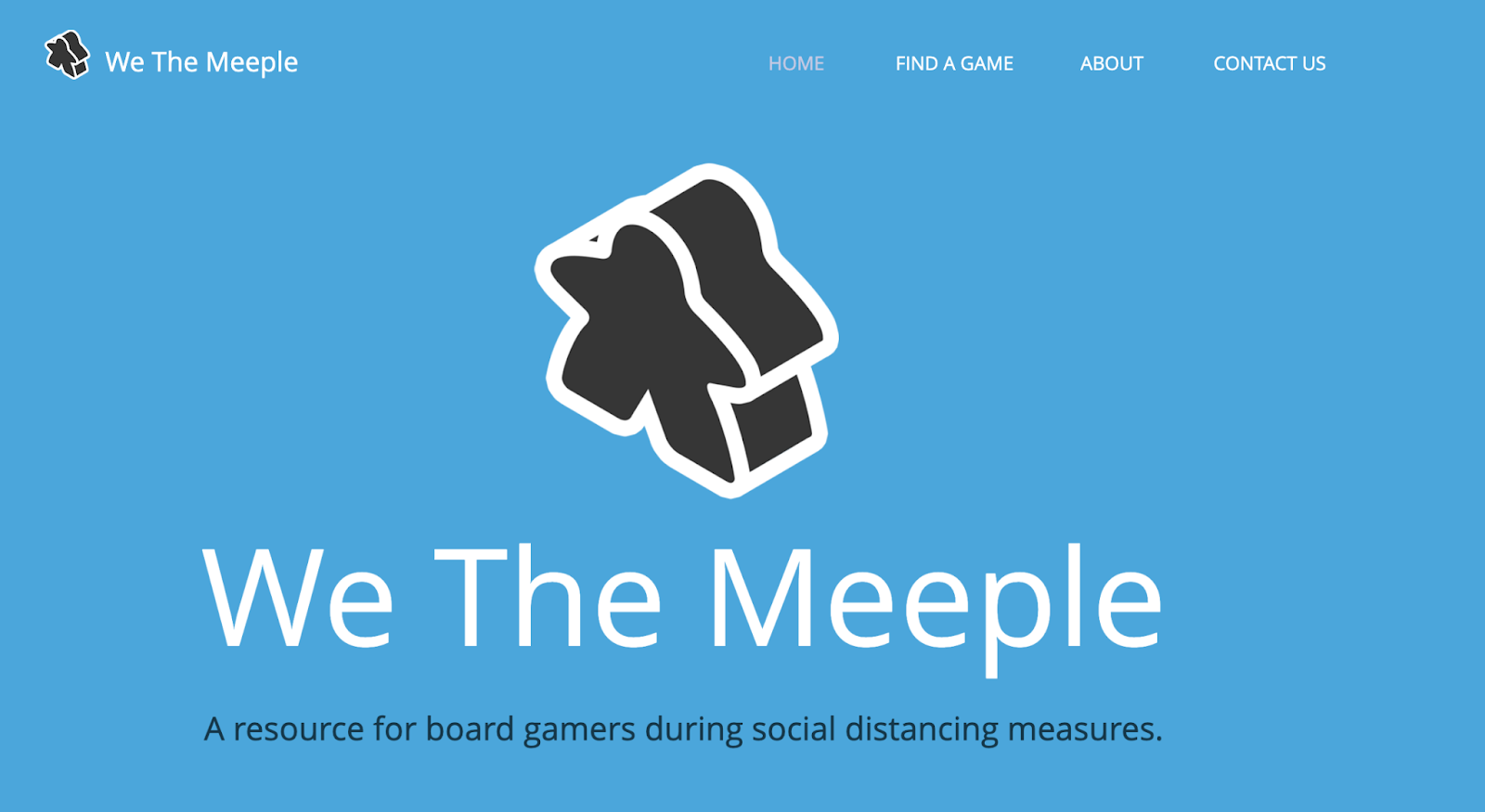
Named after the people-shaped game pieces, “Meeple”, our project focused on educating table-top board gamers about various technologies and more specifically, about techniques for hosting virtual table-top game nights. We designed a website and wrote articles about how to go about setting up a virtual game night within three major gaming platforms. In addition, I built a simple JavaScript filter and search tool for finding board games that were available in these online platforms and I later added an example of a custom designed board game in Microsoft Excel/Google Sheets which I had developed for another course, English 4365 - Special Topics in Technical Communication: Crises in Digital Democracy: Fake News, Conspiracy Theories, Demagoguery, and Hate Speech Online, taught by Professor Michael Farris.
Takeaway Lesson: Technical communicators work in many genres with a variety of content,
contexts, and audiences.
As someone who was used to writing technical documents like Operational Procedure
Manuals (OPMs) and Work Action Safety Plans (WASPS), I had a very nuanced understanding
of what it means to professionally practice Technical Communication. That same instructor
who had demonstrated to me that it was possible to transition from an external discipline
to the BA program had commented on my assignments:
“Not everything we do is a safety manual. You can’t write the same way for every context.”
And of course, they were right.
When we were creating We The Meeple, we had many factors to consider based on the genre and our intended audience; against the backdrop of an ongoing pandemic. We needed to be explicit about our tone, what level of complexity was necessary within in each article, and we had to research and have people (real people) test out our website so that we could iteratively refine our website to meet the context, to connect with the audience, and to provide the right details for someone to effectively use our website so that people could connect with one another through our communication product.
Some Final Thoughts
If my experience in the BA in Writing, Design, and Technical Communication has taught
me anything, it’s that regardless of what industry you come from and what experience
you bring into the program, there’s a place for you.
Department of English
-
Address
P.O. Box 43091 Lubbock, TX 79409-3091 -
Phone
806.742.2501 -
Email
english@ttu.edu
